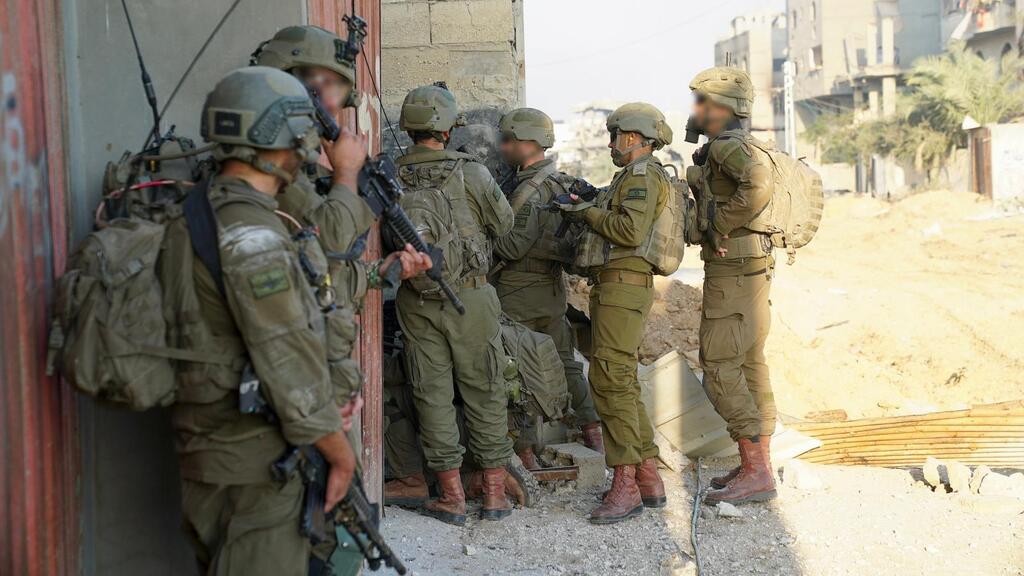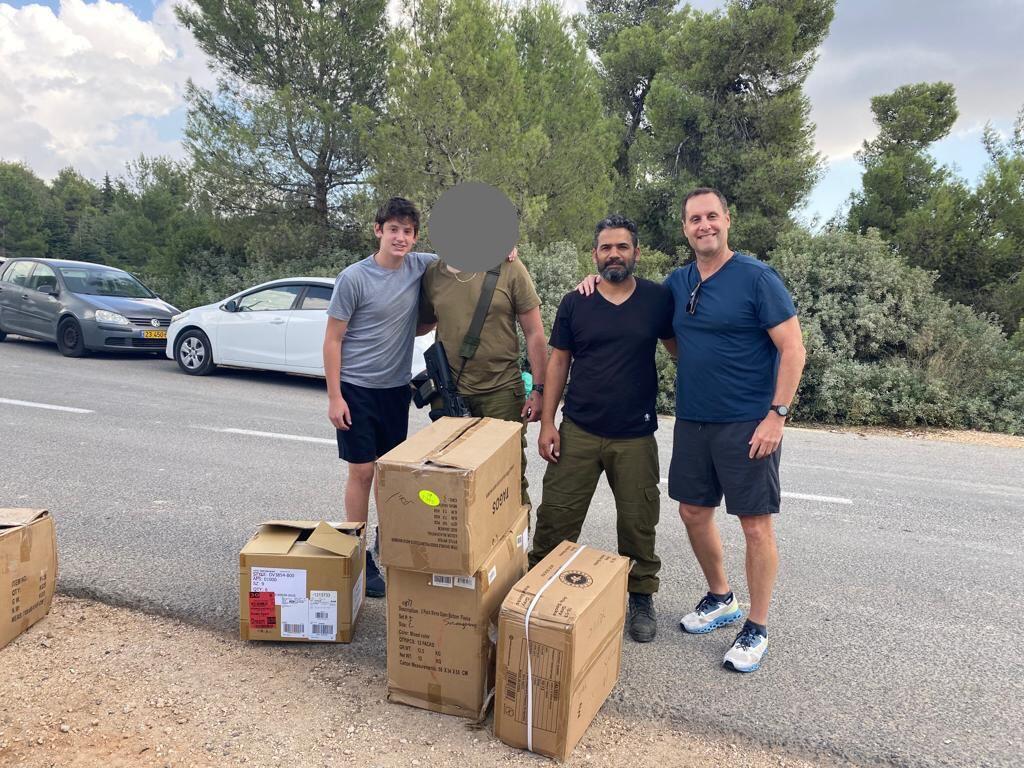Life continues its course in the once-bustling streets of Israel, reverberating with the echoes of the war and pain that gripped the country on October 7. Prior to my settling here, my visits painted a different picture. Now, young armed soldiers are a common sight at stations and on the streets. Although the war is happening at a distance, one can deeply feel the tension, and sadness, as melancholy lingers in the air like a stale cigarette in a closed room.
Read more:
Then there's intrinsic bravery, security, and optimism of the Israeli people - these feelings are palpable in daily conversations. The prevailing topic is undoubtedly the war, with everyone from friends to strangers engrossed in the television coverage.
This situation highlights the duality of life in Israel. While some people limit their exposure to the news for the sake of their mental health, others like me stay connected throughout the day. Conversations reveal a myriad of political analyses, but some points generate consensus: the necessity to end Hamas, the moral obligation to retrieve those kidnapped in Gaza, the need to resolve the conflict with Hezbollah in the north to allow displaced residents to return, and the expectation that Netanyahu will step down from the government once the war concludes.
What lies ahead? Who will govern Gaza? Who will lead Israel if the current government steps down? How will the religious-liberal divide that splits the country be reconciled? These uncertainties emerge in the wake of the unity brought about by the catastrophe of "Black Saturday."
However, those not in the military find solace in resuming their lives, understanding the urgent need to keep the country functioning and active. Nevertheless, we all remain vigilant, especially supporting friends with children serving in the military. Their worry is our worry. Each day brings news of another fallen soldier, and our collective heart breaks.
Moreover, the resurfacing of rampant antisemitism in many parts of the world is a cause for concern. With family living overseas, we worryingly observe the growing threat of extremist movements targeting Jewish establishments.
The situation is complicated and, beyond that, deeply unsettling. Throughout history, we have had the right to be citizens in any part of the world where we reside. The stark difference between our grandparents' era and the present is that we now have the State of Israel - a fact of immense relevance to us all.
Parts of the world refuse to acknowledge Israel's contributions to humanity. They also seek to blame the Jews for all the happenings in Gaza and the undeniable suffering of the Palestinian people. Yet, it's abundantly clear that their own leaders - Hamas, and on a larger scale, Iran, the fuel behind global terrorism - are the real culprits of their people's misery.
In the face of uncertainty, Israel persists as a nation caught between the normalcy of everyday life and the looming shadow of war. Even though weapons have become part of the landscape, the people's determination to move forward and keep the country running stands as a testament to their resilience.




